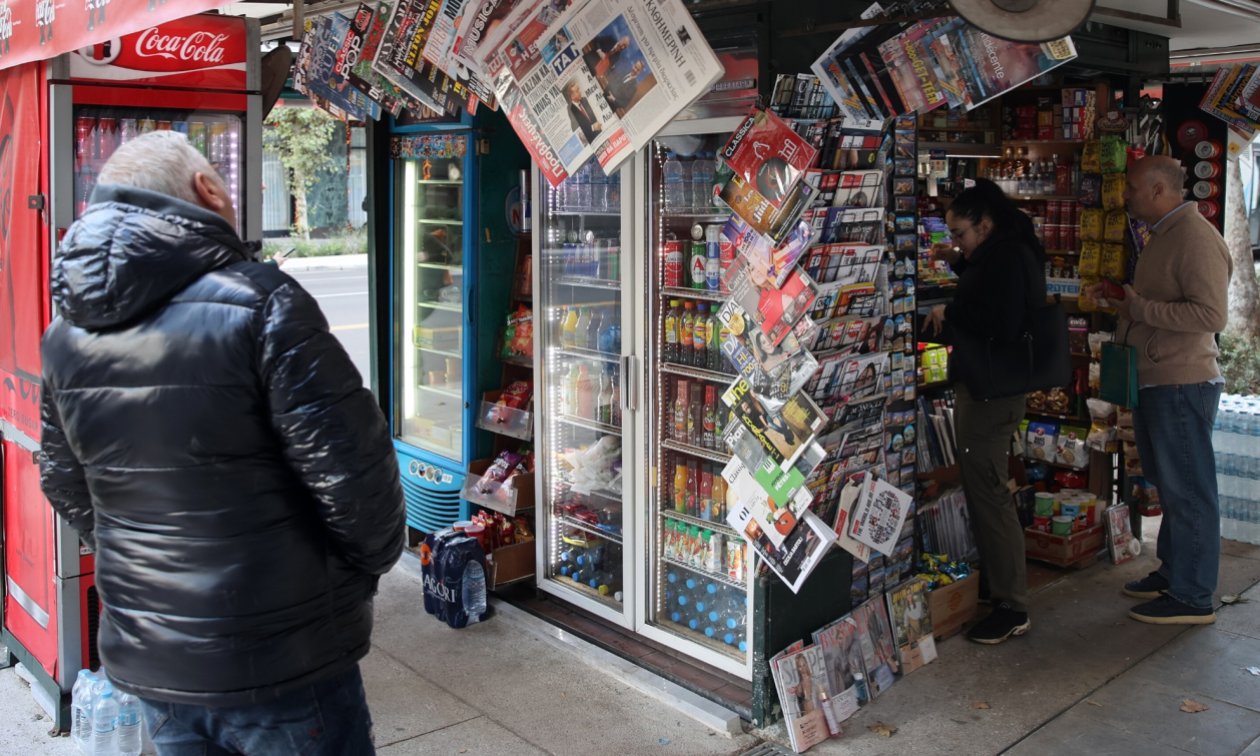Greece brings up the rear in the EU when it comes to press freedom. Journalists' safety is not guaranteed. At the centre of the criticism regarding these problems is the country's conservative government.

Greece brings up the rear in the EU when it comes to press freedom. Journalists' safety is not guaranteed. At the centre of the criticism regarding these problems is the country's conservative government.
